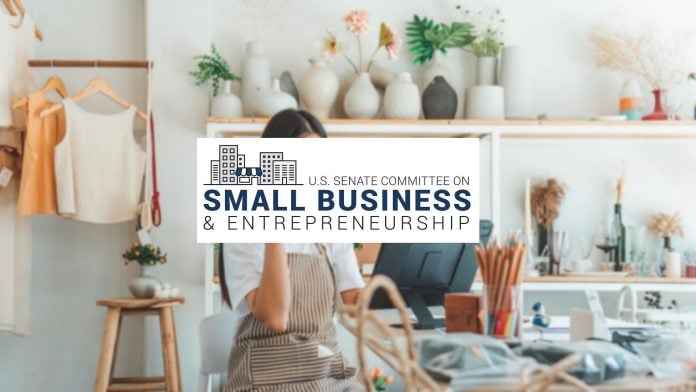In a recent legal decision that underscores the importance of ethical conduct in securing pandemic relief funds, TCC International LLC, Core Gravity LLC, and Core Club Members Corp. have settled a civil fraud lawsuit for $360,000 after admitting to falsely certifying their eligibility for federal pandemic aid. The defendants, which managed a private social club, misled the Small Business Administration (SBA) to obtain loans and grants intended to assist legitimate small businesses during the COVID-19 crisis.
U.S. Attorney Jay Clayton stated, “The Paycheck Protection Program and Restaurant Revitalization Fund were intended to assist small businesses suffering the financial impacts of a pandemic-related lockdown. New Yorkers also want those who abused the programs held accountable.” This sentiment reflects a broader concern among small business owners about the integrity of relief programs meant to support their recovery.
Under the federal rules, private clubs were ineligible for Paycheck Protection Program (PPP) loans, and not-for-profit organizations that do not primarily serve the public were excluded from the Restaurant Revitalization Fund (RRF). Despite this, TCC International LLC and Core Gravity LLC secured two PPP loans totaling $2.3 million, while Core Club Members Corp. obtained over $2.3 million from the RRF. The settlement requires the defendants to pay back a substantial sum and serves as a cautionary tale for small business owners navigating federal programs.
For small businesses, particularly in a climate of economic uncertainty, these relief programs are crucial avenues for financial recovery. However, this case highlights that adherence to eligibility requirements is not only a legal obligation but also a moral one. The implications are significant: businesses that apply for assistance must ensure that they meet all criteria and provide accurate information. Misrepresentation can lead to severe legal consequences, as demonstrated by this settlement.
SBA-OIG Special Agent in Charge Amaleka McCall-Brathwaite remarked, “Falsely certifying eligibility for Paycheck Protection Program loans and Restaurant Revitalization Fund grants undermines critical relief programs designed to support small businesses and public-facing restaurants.” Her comments stress the importance of protecting the integrity of federal programs, which rely on the trust of small business owners.
Small business owners should recognize that eligibility requirements for federal funding are stringent. For example, businesses applying for PPP loans must certify that they are operational and employing eligible workers, using funds for qualified expenses. Similarly, RRF grants are strictly available to restaurants and bars that can demonstrate a public-facing income structure. Misunderstanding these requirements can lead to unintentional misapplications and potentially damaging legal repercussions.
While the financial relief programs remain vital for many, it’s essential that business owners conduct their due diligence before applying. If any uncertainties arise regarding eligibility or application processes, consulting legal or financial advisors can provide the necessary clarity.
The TCC International LLC case serves as an as a warning not only for other businesses but also as a reminder that public accountability is essential in the landscape of pandemic relief. As the economy continues to recover, ethical considerations and compliance with federal regulations should be at the forefront for all small business owners seeking assistance.
This settlement illustrates the potential fallout from unethical practices and reinforces the importance of maintaining integrity within federal programs. For small business owners, understanding the implications of this case is vital, as it not only affects those directly involved but also shapes the landscape of financial support available to businesses in the future.
For more details on this case, readers can refer to the original U.S. Department of Justice press release here.
Image Via Envato: stokkete



